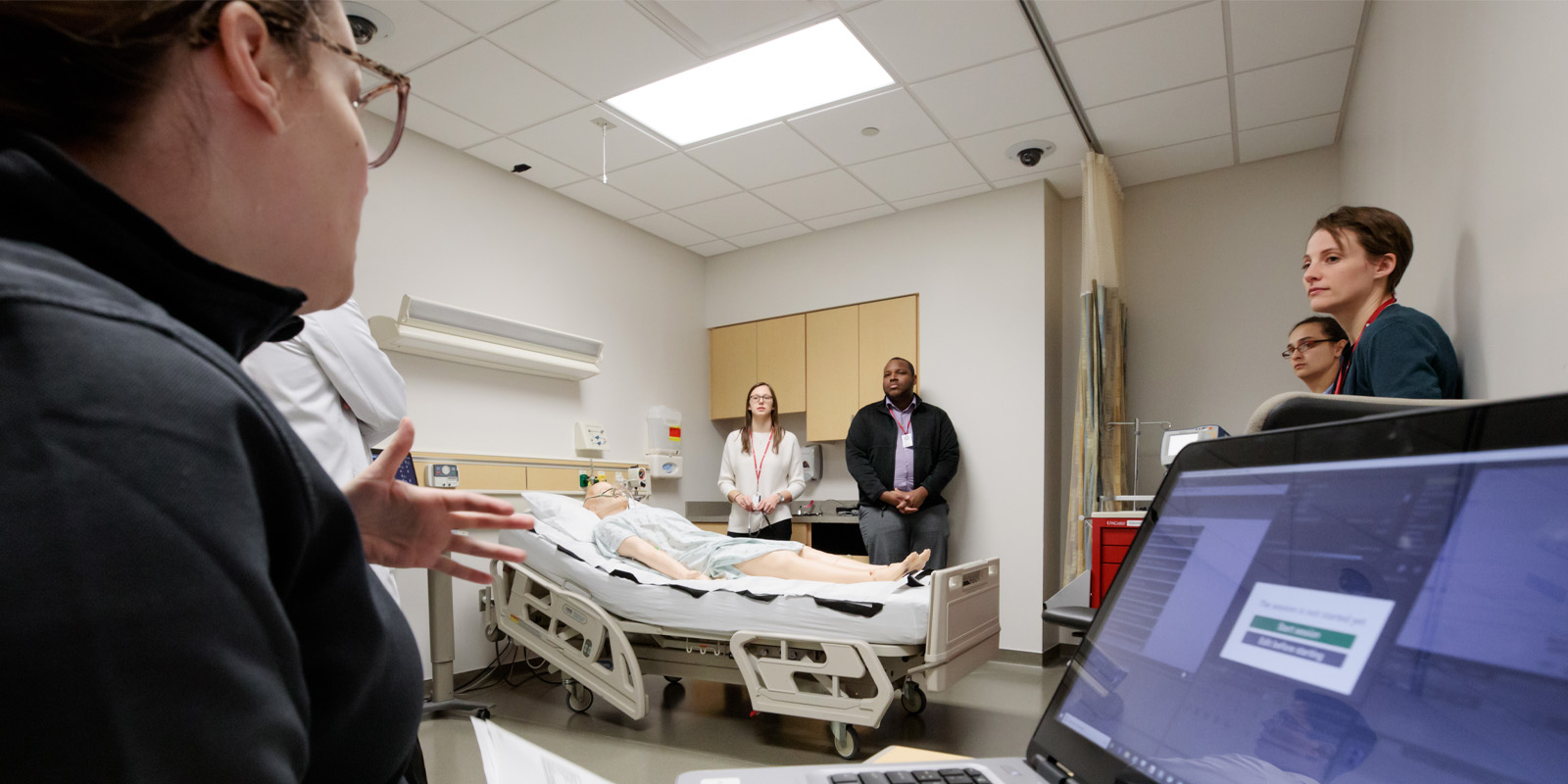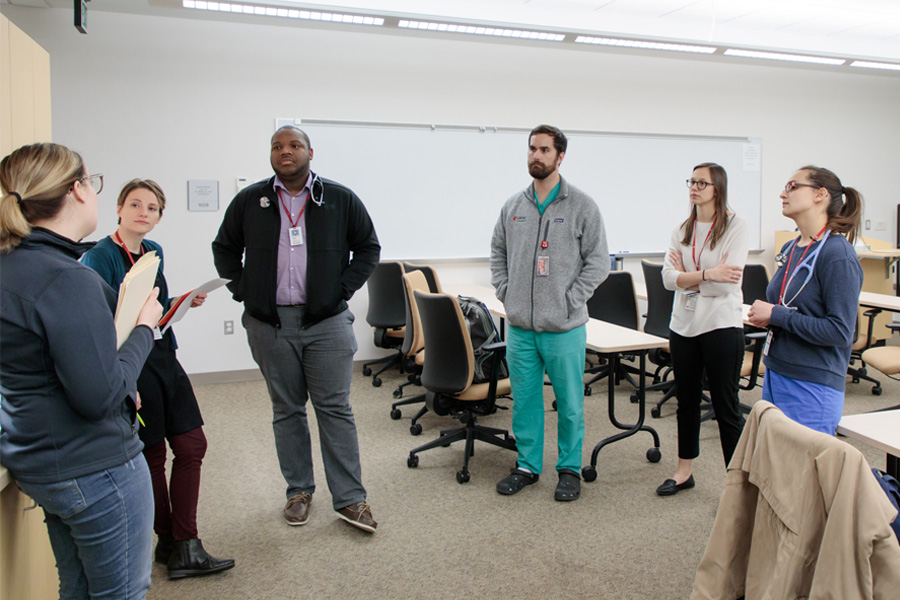PhD in Biostatistics
The PhD in Biostatistics develops biomedical informaticians who will advance research and practice in contemporary information and knowledge management.

Why Study Biostatistics?
Biostatistics is a special branch of applied statistics that focuses on statistical application in life sciences. Students trained in biostatistics at the PhD level are in high demand at all levels of government; industry (pharma, business, biotechnology, and IT); academia; research institutes; and healthcare (academic, public, and private).
On average, there are 5,200 job openings for PhD biostatisticians per year; median income across all experience levels is $142,465 for PhD holders. The US Department of Labor projects a 33% increase data science positions between 2020 and 2030. Data Science ranked as the #2 out of 50 Best Jobs by Forbes Magazine in 2021 and Biostatistics ranked as the #3 Best Business Job, #7 Best STEM Job, and #8 Best Job according to US News and World Reports.
Why Study Biostatistics at UNMC?
The UNMC Biostatistics curriculum provides quality training for PhD biostatisticians in fundamental theory, computing, data analysis, clinical trial/study design, and health data sciences that makes them attractive to potential employers. The faculty in the Department of Biostatistics engage and support graduate students in funded scientific research projects. In addition, students will gain real world work experience by collaborating with researchers through the Department of Biostatistics Center for Collaboration on Research Design and Analysis (CCORDA); assignment as a Graduate Research Assistant (GRA); and through the Biostatistics Consulting Course.
Program Snapshot
Course Load
Duration
Location
Start Date
Program Highlights
- All PhD students will work with a faculty mentor to gain real-world collaborative experience through the Biostatistical Consulting Course and Graduate Research Assistantship or CCORDA.
- Travel funds are available to PhD students to present their research work at national conference (e.g., JSM or ENAR).
- The PhD is an in-residence only program and all full-time PhD students are supported either through GTA or GRA.
Careers & Outcomes
PhD graduates typically start as senior biostatistician or senior analyst in industry and as Assistant Professors in academia. To date, all our PhD graduates have received job offers prior to graduating. Recent positions include:
- Senior Biostatistician & Team Lead at Johnson & Johnson
- Senior Biostatistician at Eli Lilly
- Senior Data Scientist at First National Bank
- Biostatistician at Streck, Inc
- Analytical Team Lead at the Cure Huntington’s Disease Initiative (CHDI) Foundation
Facilities / Centers
Holland Center High-Capacity Computing boasts the fastest resources in the state of Nebraska at two locations: the Peter Kiewit Institute (PKI) at Omaha and the Schorr Center at UNL. Personnel based in each location assist users, engage students and researchers, and maintain systems. Crane checks in at 121 TeraFLOPS and is a Top500 Supercomputer. Red, serving the CMS project, stores over seven petabytes of data. Rhino provides 256 GB of RAM per node for shared memory computing.
The Center for Collaboration on Research Design and Analysis (CCORDA) seeks to advance clinical, basic, and translational research and public health research at UNMC and in the community and region.
Biostatistics, Epidemiology Research Design Core provides critical research design, epidemiological, and biostatistical expertise for collaborative research, education, and training in the advancement of clinical and translational research within the Great Plains IDeA-CTR network.
Related Programs
Students interested in this program may wish to explore:

